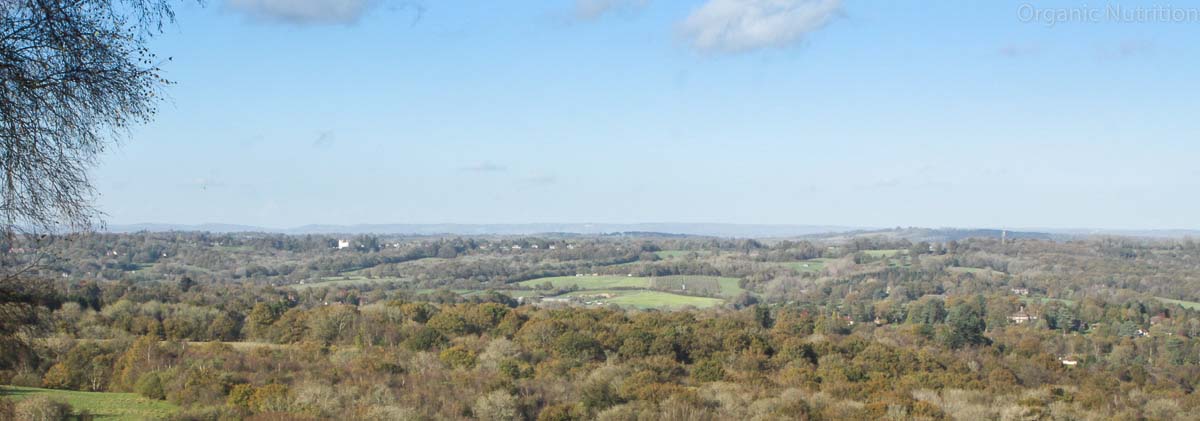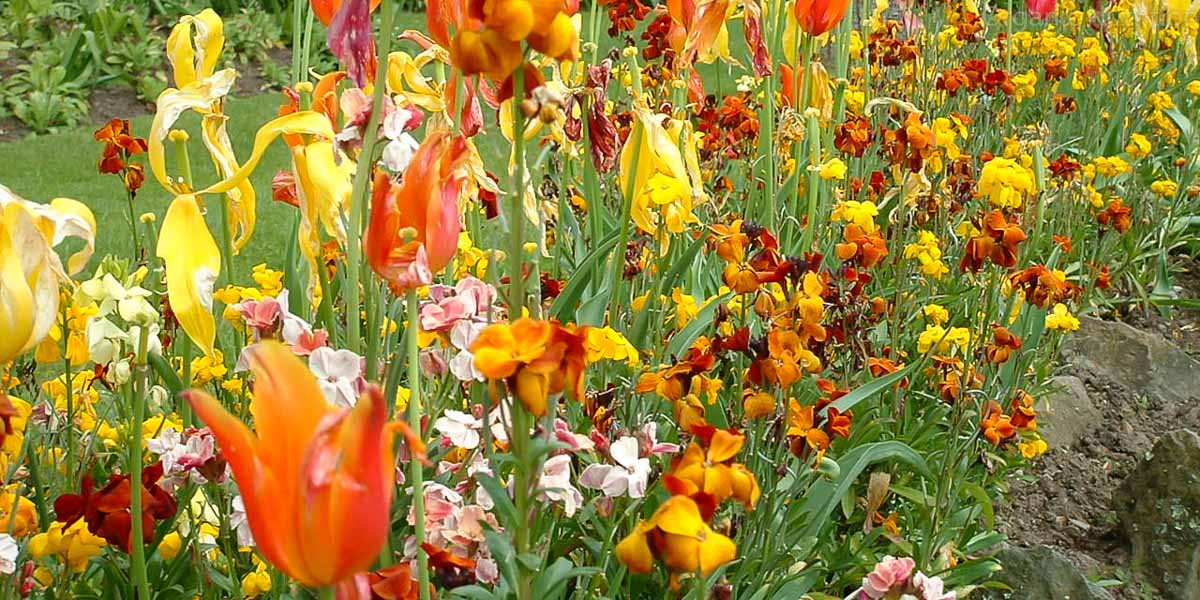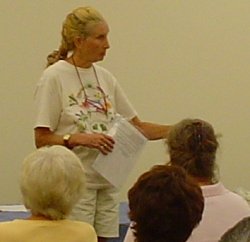Menopause Symptoms (part 1)
Hot Flushes/Flashes
These are sometimes the first sign that one is approaching Menopause. Flushes of heat sweep the upper body, reddening the skin and causing free perspiration. The intensity and duration vary as do the number of hot flushes per day. In natural Menopause, they tend to start at infrequent intervals. The hot flushes increase during full menopause eventually decreasing as a woman becomes Post-Menopause.
With a hysterectomy, they start off extremely intense and frequent and continue that intensity for some time. It was thought that hot flushes were a symptom of oestrogen deficiency. It has now been found that those who took oestrogen during Menopause suffered hot flushes longer than those who did not take Oestrogen Replacement Therapy. (ART or ERT).
It has now been found that the hormonal change that is responsible for the hot flashes are the increased levels of the FOLLICLE STIMULATING HORMONE (FSH) AND LEUTINIZING HORMONE(LH). These PITUITARY HORMONES can be 1300 percent greater during the menopausal years and are thought to be more responsible for the Hot Flushes.
Thin women will experience more hot flushes than fatter women as fat cells moderate the hormonal levels. The hot flushes usually tail off after two to five years - those who take ERT usually take longer. Diet plays an important part in the intensity, duration and frequency of hot flushes. As the hot flushes usually stop after two to five years, think of avoiding certain foods for only this time, you can go back to the "forbidden foods" after Menopause is over (if you want to).

Foods to avoid
You will find that certain foods trigger your own hot flushes but here is a list of general foods to avoid:-
Caffeine drinks
Acidic foods (tomatoes, citrus, pickles)
Alcoholic Drinks
White sugar
Hydrogenated or Saturated fats (meat or margarine)
Tobacco
Sleep Disturbances
Sleep Disturbances are part of the Menopausal Change. It is not uncommon to feel tense as you lay down and wake up itchy and irritated. In many cases Menopausal women sleep so restlessly that they have to go for night walks. This is a short lived period and can be handled with safe herbs.
Depression
Depression is very common among women who have had induced menopause but it can be found in natural menopause. Depression can be caused by oestrogen replacement therapy, steroids or high pressure drugs. It can be handled by herbs without the side effects of high pressure drugs.
Aching Joints
More than half of all post menopausal women experience occasional to severe joint pain. Don't ignore aching swollen joints as these can indicate worsening osteoporosis, kidney weakness or an immune system dysfunction.
Osteoporosis
During Menopause, many women become concerned about Osteoporosis (loss of bone mass). We have been taught that calcium thick bones will prevent fractures. However, further research has determined that EXERCISE lowers fracture rates. Those whose daily life includes some strenuous activity have the fewest post-menopausal fractures. Many of the primitive women who carry large loads of water and firewood and eat less calcium do not have the fractures that the least active "civilised" woman have. So make sure you get regular exercise.
Incontinence
Approximately 75% of post-menopausal women experience incontinence in the decades following menopause. Herbs can help when this occurs from a hyperactive bladder.
Headaches
Some women experience headaches for the first time during Menopause. This is usually due to fatigue, stress and rapidly changing hormone levels. Food allergies may also suddenly flare up and cause headaches.

Possible solutions to menopause problems
One of the most effective treatments for Menopause is now being recognised as herbal remedies. Herbs are used to create, naturally, a better communication and balance between the hypothalamus, the pituitary gland, the ovaries and all endocrine organs so enabling a woman to pass easily through Menopause to a better and more fulfilling stage of a life. All the above symptoms can be relieved by the following herbs:
Chaste Berry (Vitex Agnus castus) is considered to be THE herb for Menopause. Especially good for those who come into menopause early through natural or induced means. This greatly increases the level of progesterone and leutinizing hormones (LH) when used consistently.
Dang Quai (Angelica Sinensis) supports oestrogen production by the body and is the most used women's herb in the world.
Other herbs recognised as being useful include, Kava Kava, Lemon Balm, Peppermint and Sage.
Our new Female Balance Kit might be what you need: Click here for details.

